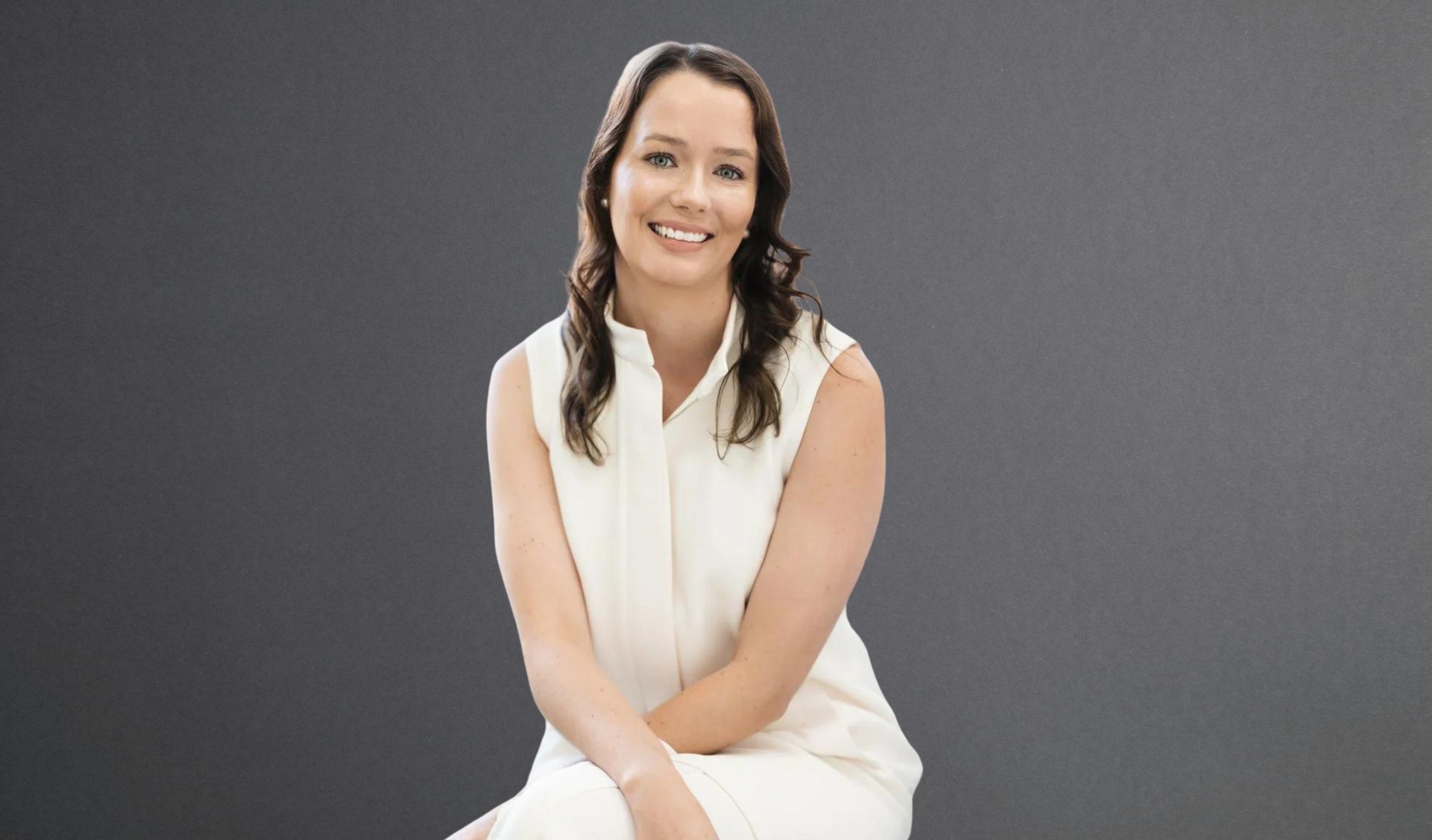Starting further study is a big milestone – and choosing your subjects can be one of the most exciting parts.
But with nearly 100 subjects across 11 practice areas to choose from, it can also feel like a bit of a maze.
The good news is, you don’t have to navigate it alone.
Here, we outline five simple strategies to help you choose your subjects wisely. So your study pathway supports your career, your lifestyle – and your future.
1. Start with your goals – not the subject list
Before diving into the subject guide, take a step back and ask yourself what you want to gain from postgraduate study.
Are you looking to deepen your knowledge in your current practice area? Make a move into something new? Or keep your options open while you explore what interests you?
Whatever the answer, starting with your why will help you choose subjects that build a strong foundation for your next step.
And if you’re not quite sure where you’re heading? That’s okay – there are flexible subject options designed to help you figure that out along the way.
2. Plan ahead
Choosing your subjects isn’t just about what you’ll study. It’s also about when.
There are four intakes a year: February, May, August and November. You can start at any intake, but not all subjects are available in every one. In fact, some subjects are only offered once a year. Miss them, and you could be waiting up to 12 months to enrol in that subject.
If a subject is essential to your future career, you’ll need to check when it’s available and plan accordingly to avoid delays. Below are a few examples:
- February intake only: Business Risk Management (BLP5); Foundations of Property Law (PROP1) (NSW & QLD); Financial Management for Profitability & Growth (LB13)
- May intake only: Drafting Commercial Documents (BLP6); Pre-trial Procedures (CLP2); Contracting, Procurement and Probity (GOV4); Superannuation (Intensive) (EPP2)
- August intake only: Trade and Investment in Asia (ILP9); Multi-Disciplinary Project Management (IHP116); Commercial Leasing, Contracts and Transactions (PROP3) (NSW & QLD)
- November intake only: Dispute Resolution Processes (CLP3); Inter Vivos and Testamentary Trusts (EPP4)
Download our complete list of subjects and their intake dates.
If any of these subjects are on your list, it’s best to enrol early to avoid disappointment.
This is particularly true if you’re pursuing a Graduate Diploma of Family Dispute Resolution Practice (FDRP).
FDRP subjects are only available in two intakes, starting in February and August. Each intake includes the five core subjects required for graduation. If you miss an intake, you’ll need to wait six months to get started – so make sure you’re organised!
3. Choose your intake wisely
With all this in mind, it’s important to choose the right intake date.
Starting at the right time can significantly impact how smoothly your studies progress.
Intakes 1 (February) and 3 (August) are ideal times to begin if you’re just starting your postgraduate journey because that’s when the foundation subjects are offered.
Foundation subjects build essential knowledge across a range of practice areas – and are often core subjects for specific qualifications.
Starting with these subjects builds your study confidence, provides essential context for more advanced topics and helps you tick off core requirements early.
Foundation subjects are available for the following practice areas:
- Business Law & Transactions
- Commercial Litigation
- Dispute Resolution
- Estate Planning
- Family Law
- Government & Public Sector Law
- In-house Practice
- Property Law
- Wills & Estates
By planning your start date carefully, you’ll give yourself the best possible start – and keep your studies on track from the beginning.
4. Be realistic about workload
It can be tempting to try and fast-track your qualification. But if you're juggling work and study, it’s worth pacing yourself – trust us!
Each postgraduate subject will requires around 10–12 hours of study per week. Taking on two in the same intake would mean committing up to 25 hours a week – which could prove challenging to balance with work and life.
If you're working, we recommend one subject at a time to keep it all manageable.
5. Remember you don’t need to have it all figured out
Once you’ve considered the first four factors, you can give yourself some flexibility.
Lots of students adjust their study plan as they go. Start with one or two subjects that align with your goals. From there, you’ll build a clearer picture of where you want your study – and your career – to take you.
Some students opt to start with the Graduate Certificate in Applied Law – a flexible, affordable option that lets you ease into study with just two subjects. It’s a smart way to test the waters and still graduate with a recognised qualification.
Read more about why the Graduate Certificate in Applied Law could be a good option.
If you're still unsure where to begin, you're not alone. The College of Law offers personalised course advice to help you create a study plan that works for you. All you need to do is take the first step.
Ready to plan your path? Download our subjects by intake date guide or book a call with a College of Law Customer and Student Engagement Adviser. Or, if you’re feeling confident – enrol today!




























































